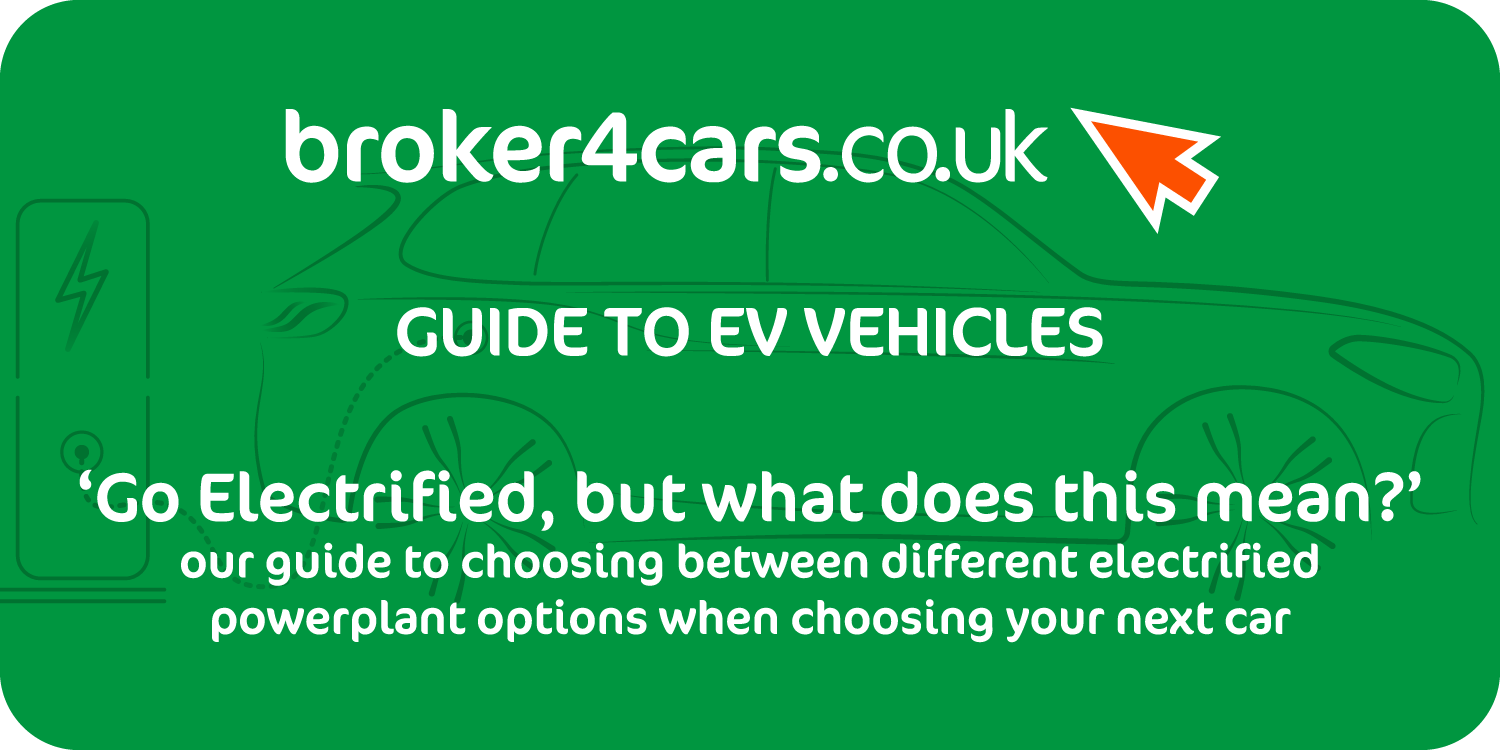Personal Contract Purchase (PCP)
Personal contract purchase (PCP) is basically a loan to help you get a car. But unlike a normal personal loan, you won't be paying off the full value of the car and you won't own it at the end of the deal (unless you choose to pay the final balloon payment).
It's one of the more complex financial products available to help you buy a car, but it can be broken down into three main parts:
- The deposit (usually around 10% of the car's price). Dealers offering PCP finance will typically want around 10% of the car as a deposit. Some car manufacturers' finance arms offer valuable ‘deposit contributions' of £500-£2,000 or more if you're buying a new car but only if you take their finance. The larger the deposit, the less you'll have to borrow.
- The amount you borrow. The amount you'll have to borrow is based on how much the finance company predicts the car will lose in value over the term of the deal (usually 24 or 36 months) minus the deposit you've put down. You'll pay this amount off during the deal, plus interest. So you're not paying off the full value of the car. Typical APRs start from around 4%.
- The balloon payment (a large final payment you pay IF you want to own the car). Also referred to as the Guaranteed Future Value (GFV), this is how much the dealer expects your car to be worth after your finance deal ends, agreed at the start of your deal. You don't have to pay this, as you get a choice of what to do at the end of the deal. But it is the sum you'll pay if you want to keep the car.
Be wary of 0% deals - they can be too good to be true. Some dealers offer 0% interest. Take these deals with a pinch of salt though, as they are likely to try to recoup their losses somewhere else by, for example, inflating the balloon payment or making the ticket price more expensive than if you would have bought the car outright (where they could have been more likely to offer you a 'discount' on the price).
How does it work?
Ok, so this might sound a bit complicated so here's an example to explain how it works.
Let's imagine you sign up for a PCP over three years. The car costs £20,000 and the finance company calculates that the car will be worth at least £8,000 after three years. Here's how that would look...
- You pay a 10% deposit, eg, £2,000 with a loan for the rest, so £18,000
- You then owe £18,000. Though, as it's been agreed that the car will be worth £8,000 at the end, you only need to repay £10,000 (plus the interest on the entire £18,000) over the three year period
- At the end of the agreement, you either pay the final £8,000 to keep the car or you can choose to hand the car back
Importantly, even if you hand the car back, you will still have paid interest for the full loan amount (£18,000) over the three year period.
What happens at the end of the finance deal?
We mentioned that you can buy the car at the end of the deal but you don't have to - in reality you have three options:
1. Buy the car by paying the balloon payment. Pay this then you'll own the car outright. Do note that most finance companies charge an added fee if you buy the car - this covers admin costs to transfer the car. It can be up to £500 but is usually lower, around £100 is standard.
2. Get a new car. This is the most common option for people taking a PCP deal. Usually at the end of a PCP deal, the car will be worth slightly more than the balloon payment. And if this is the case, your dealer will usually ask if you want to use that 'equity' as a deposit on a new PCP deal on a brand new car. For example, if the car's actual value at the end of the deal in the example above was £9,000 and the balloon payment is £8,000, you'd have the difference of £1,000 that you could use as a deposit to roll into another deal.
Many go for another PCP, but you don't have to. Sadly, you can't take the extra as cash - unless you buy the car and then sell privately (or get agreement from the finance company to sell it & then pay off the finance).
You don't have to worry about the car being worth less than the balloon payment - that is if it's lost more value than was expected at the start of the deal. If that happens, the sensible course is just to hand the car back - the finance company takes the hit.
3. Hand the car back and walk away. This means you have nothing more to pay, though you could face damage and over-mileage charges...
What charges could I face if I hand the car back/trade it in?
You could face charges if you hand the car back, whether that's trading it in, or just handing it back and walking away. There are two main types of charges, but both are avoidable:
- Over-mileage charges. At the start of a PCP deal, you'll be asked to specify how far you'll drive the car each year. This is so the dealer can accurately assess the car's worth at the end of the deal to set its future value. A car that's done 10,000s of miles will be worth a lot less than a car that's only been used infrequently.
- It's important to be as accurate as you can, as if you go over the agreed mileage limit, the finance company can charge for every mile you are over, often around 10p per mile. Be careful as this can soon tot up. For example, at that price, an extra 1,000 miles would cost you £100.
- Damage charges. Just like when you rent a car, the finance company will check it for damage when you hand it back. Normal wear and tear is acceptable, but the car needs to be in a sale-able condition, which means you'll likely be asked to pay to put right any large scratches or damage anywhere on the car.
You can avoid these charges by agreeing a sensible mileage, and taking good care of the car. If there's damage, it's worth going to an approved service centre to see if it'll cost less to fix than the finance company will charge - it may be worth getting it fixed yourself.







